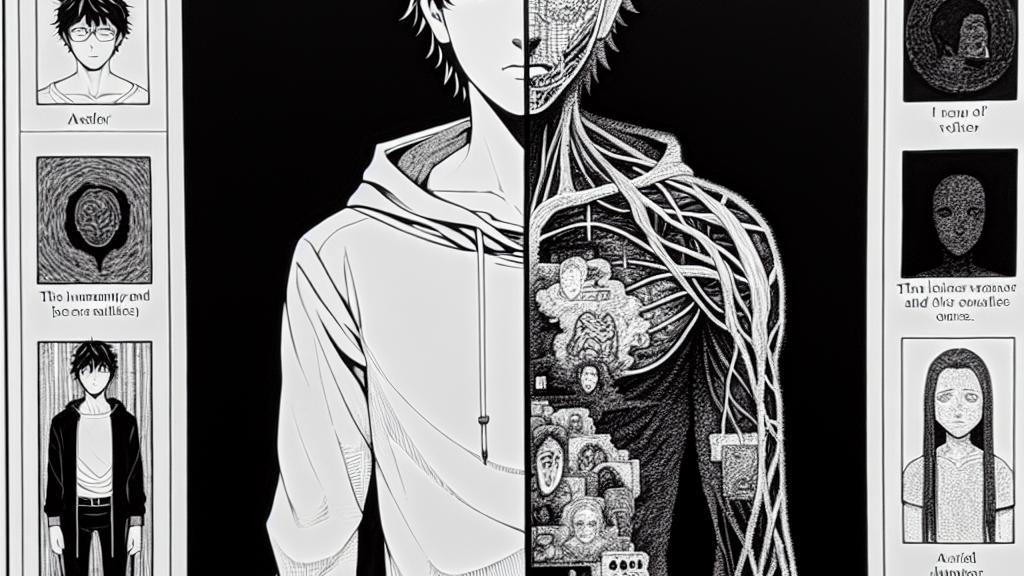A Story of Meeting a Suspect Charged with Defamation and Insult
Overview
- Examines a transformative encounter with a suspect facing serious defamation charges.
- Captures the transition from digital anonymity to a personal connection.
- Emphasizes the crucial need for understanding the impact of online expressions.

Evolving Perspectives: From Digital Stranger to Human Connection
In Japan, Yoshino’s captivating tale unfolds around an unexpected meeting with A, a suspect embroiled in serious defamation and insult allegations. Initially, A existed solely as a faceless entity, someone Yoshino observed through a screen. However, upon their meeting, A transformed into a complex individual, characterized by emotions, struggles, and a past filled with trials. This profound pivot from a mere online presence to a recognized human being sparks an important question: how often do we overlook the humanity behind digital avatars? Such reflections drive home the point that every interaction, even a seemingly trivial one, carries weight and significance.
The Overarching Challenge of Legal Awareness
Throughout their intense conversations, A repeatedly expressed a startling ignorance regarding the legal repercussions of his actions. He posed questions like, "Why should I feel guilty? Isn’t freedom of expression my right?" This thought-provoking dialogue encapsulates a pressing societal issue: many individuals fail to grasp that online remarks can carry significant, life-altering consequences. For instance, Yoshino took on the daunting task of elucidating complex legal principles to A, emphasizing that defamation is not just a legal term but a real threat to individuals’ reputations and lives. Through this interaction, readers are urged to consider the long-lasting effects their words can wield in the digital world.
The Paralyzing Fear of Escalation
As their meetings continued, Yoshino’s apprehension regarding A’s unpredictable behavior intensified. He recalled a particularly jarring incident when A had shown up uninvited to a police station, causing turmoil and drawing attention to their situation. Such moments starkly emphasize that what begins as a simple online insult can spiral into distressing real-world confrontations. Yoshino's growing fear that A might discover his personal information illustrates a critical truth: the online world doesn’t exist in isolation; it can, at times, ripple into our physical lives. This reality underscores the urgent need for clarity: our digital actions possess the potential to infringe upon our very safety.
Navigating the Complexities of Accountability
Yoshino's commitment to discussing the legal implications of A’s statements highlights the ongoing struggle for accountability in an increasingly digital society. A’s frequent dismissal of his role in the conversation, insisting, "I’m just sharing what’s already online," reveals a troubling detachment from the notion of responsibility. This begs a crucial question—are we truly aware of the impact we create with our words? Every interaction, every comment, holds the potential to affect others in profound ways. As this story unfolds, readers are left with the imperative message that understanding the significance of personal accountability must be ingrained in our online behavior, for it is there that the foundations of community and respect are built.

Loading...